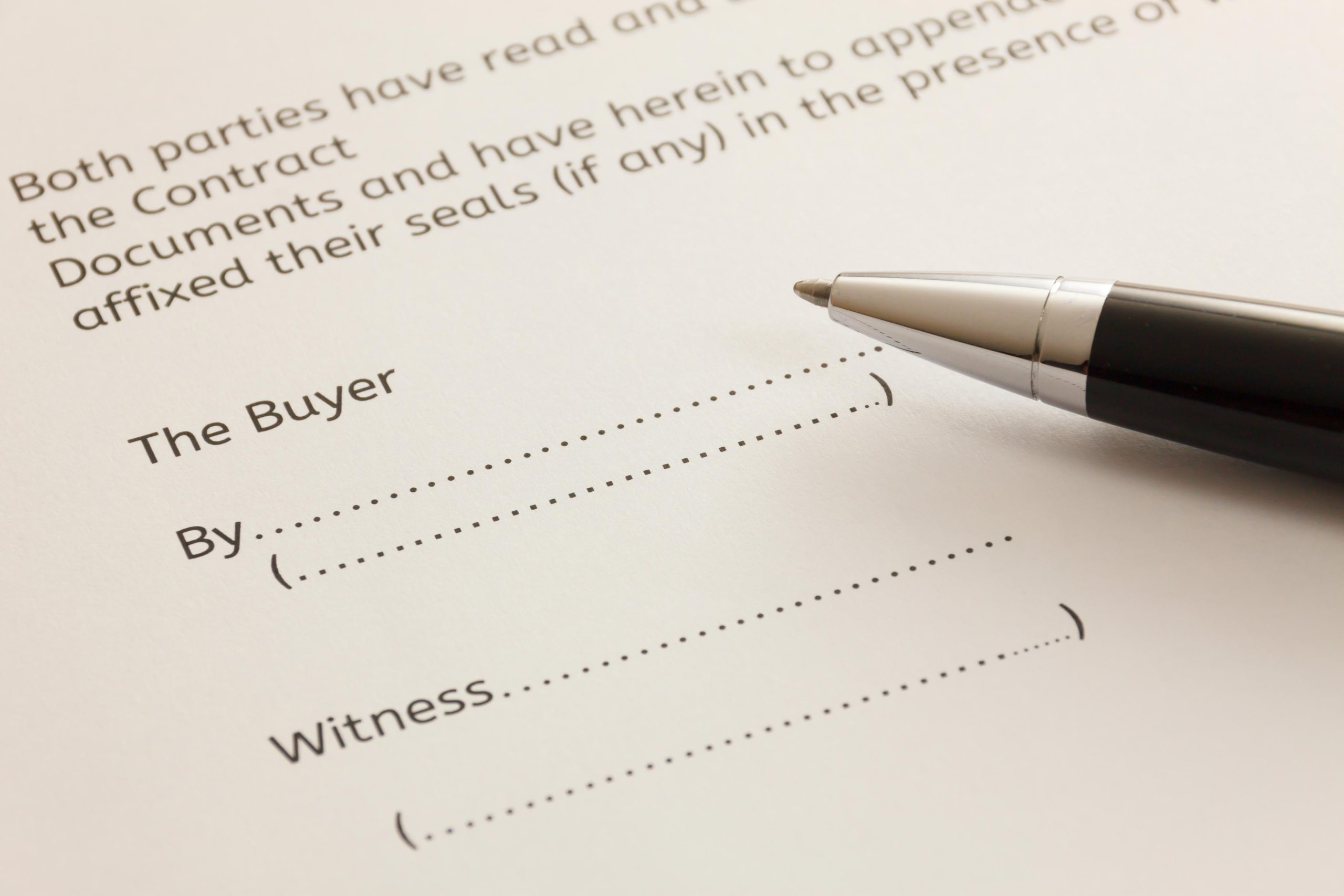Are you unsure which items of expenditure are recoverable from your leaseholders? Brady Solicitors’ Sam Andrews highlights the most commonly queried expenditure items and whether or not they are recoverable under your lease.
A common question asked by everyone in the property management sector is ‘Does the lease allow me to recover the cost of…?’
The answer, on the face of it, is simple – a landlord can only recover expenditure if it is explicitly provided for in the lease.
The case of Morshead Mansions Ltd v Mactra Properties Ltd is a recent example of a long line of historical cases which confirm that the normal rule is that a lease should be read at face value, taking into account the whole document.
Most commonly queried expenditure items:
- Legal costs
- Management fees
- Borrowing costs, such as bank charges or interest payments
- Service charge expenditure relating to particular items
In each case the answer to whether the expenditure is recoverable can be found in the lease. This strict interpretation can cause problems for landlords who try to recover sums which are not provided for by the lease, as tenants can apply to the First-tier Tribunal to have these items disallowed.
However, the rules of interpretation equally apply to both sides. A tenant who owns a ground floor flat cannot argue that he should not pay towards the upkeep of a lift because he does not receive the benefit of it if his lease says he is liable to contribute towards the maintenance costs.
In the case of certain clauses, case law has extended the meaning beyond the narrow appearance of the wording. For example, legal costs incurred in obtaining a determination (a requirement for forfeiture for non-payment of service charge) can be recovered, even though the lease clause appears to be drafted less favourably.
Interpreting your lease
For an expert interpretation of your lease, including what can be recovered, contact our property management specialists.

